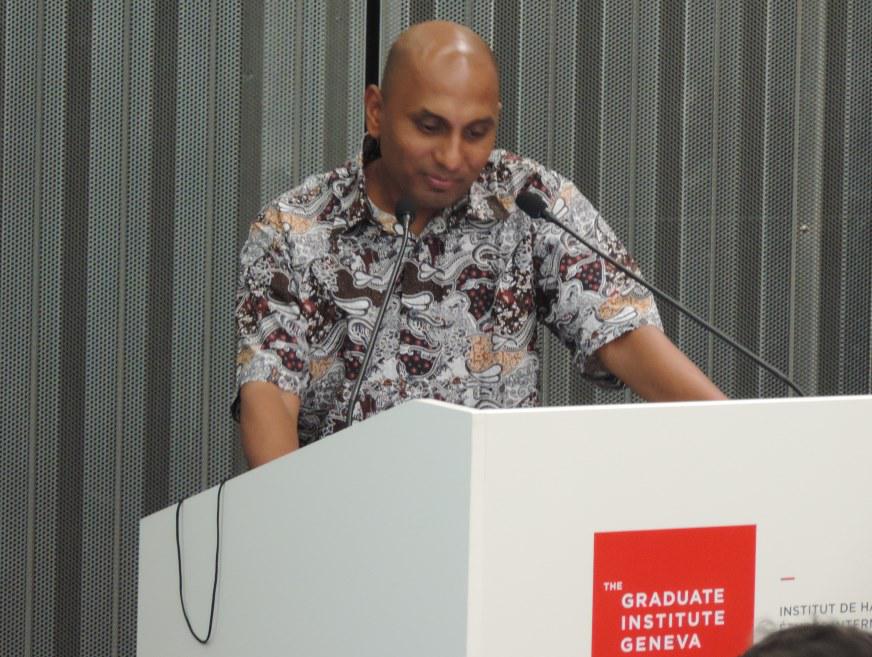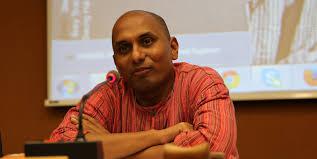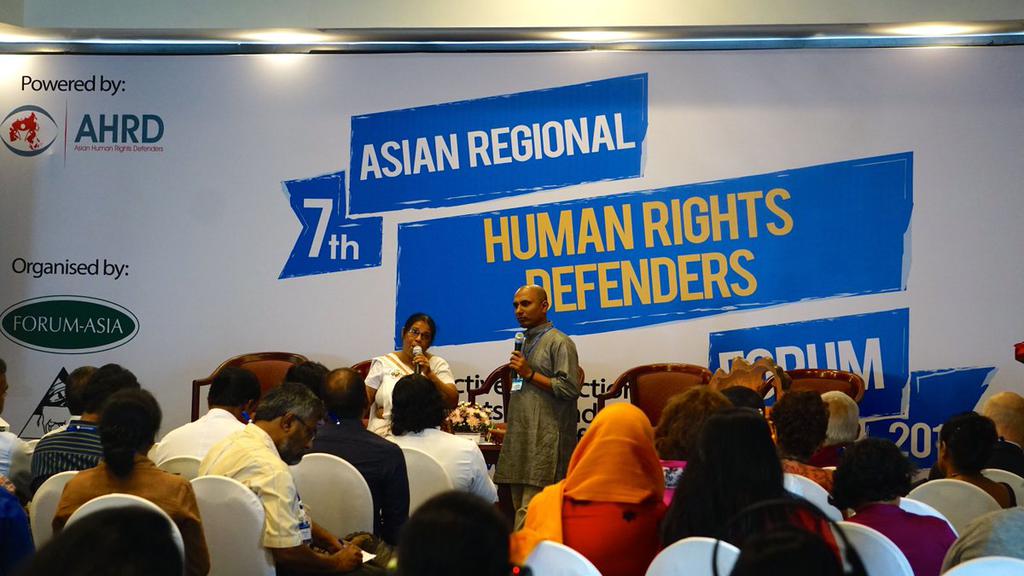Reflections on human rights activism
by
Rukii Fernando
- July 13, 2017
- 10 mins story
1. Why have you become a human rights defender? (Was there any particular event in your life/country that made you engage with human rights work?)
Your audio is processing...





I became a HRD through my involvement in the Young Christian Students IYCSW) movement in Sri Lanka and then Asia. Where I was inspired to respond to injustices, rights violations and oppression. But most difficult and also dangerous part of my work as a HRD was during the last phase of the war in Sri Lanka and during the authoritarian post war regime of Rajapakse family in Sri Lanka, between 2007-2014.
Story Chapters
-
2. What inspires you in your work as a HRD?00:00Survivors and victims families who struggle for justice, other HRDs, and occasional victories, whether they are through some of my own involvement or even in far away places which i only read or hear about
-
3. What is the most challenging part of your human rights engagement?00:00Dealing with family and friends, their fears, concerns about safety and livelihood. Also meeting expectations of survivors and victims families and other human rights defenders. Not demanding too much from colleagues! And of course trying stay safe from the perpetrators whose violations and abuses you are exposing and condemning.
-
4. Do you see any change in the last few year when it comes to (your) human rights work?00:00Yes, there was a transition in Sri Lanka from very authoritarian to less authoritarian government. I believe I was also able to help in protecting some HRDs and civilians at risk, in Sri Lanka and in Asia., and training and mentoring some younger HRDs.
-
5. What do you think are the key elements for sustaining a strong human rights movement in your country/field?00:00Strong and sustained involvement of survivors and victims families in struggles for justice, together with people who are willing to support them, and a society which is outraged about injustices and oppression, and passionate about responding to such injustices. It's also important to recognize and address violations and abuses irrespective of who perpetrator and victim is, whether state or not state.

